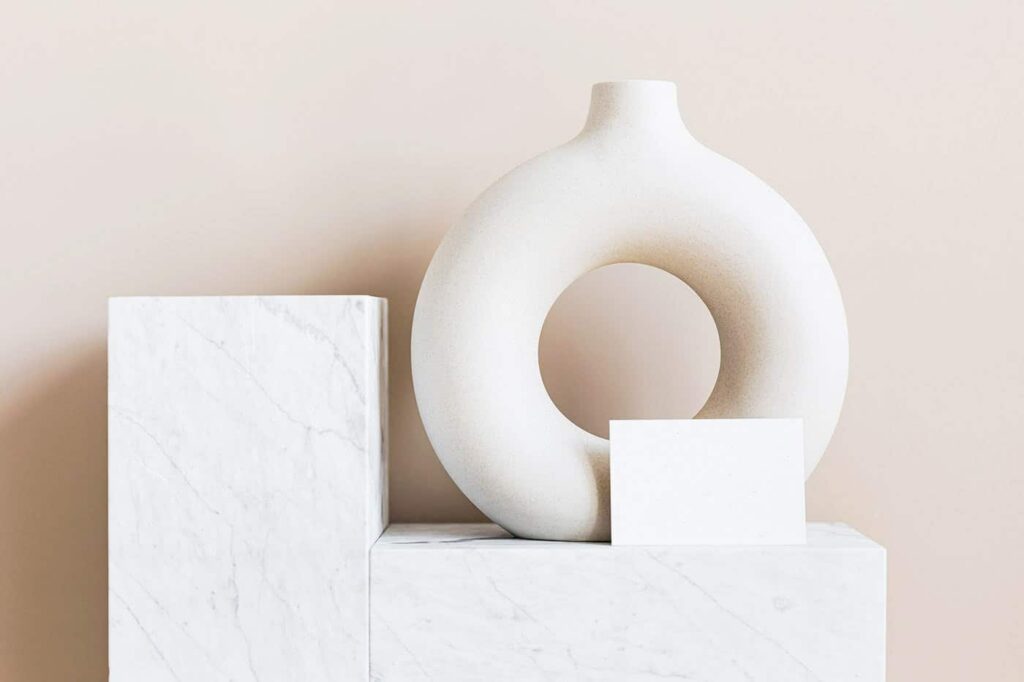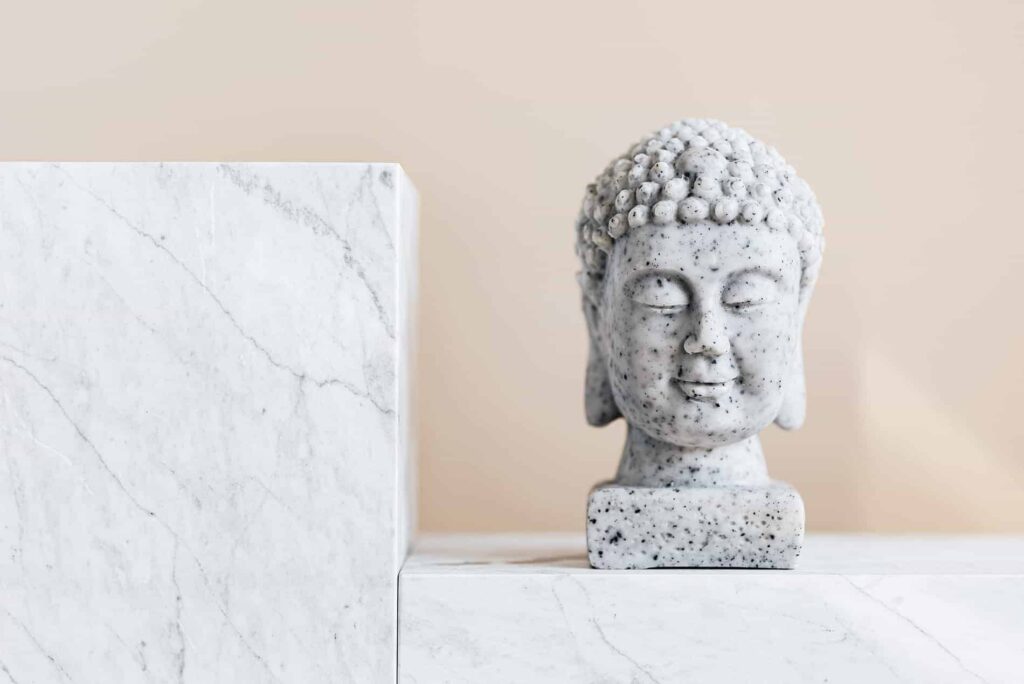Vivek Nair
entrepreneur, wellness proponent, healthcare blogger, digital privacy advocate,

Entrepreneur
Wellness Proponent
Healthcare Blogger
Digial Privacy Advocate


Philosophy
Vismithams.
to me, vismithams is philosophy of continues self improvment and growth, one that encourages me to try for the best version of myself.
WHAT I DO
Business Promotions and Brand Building
I am responsible for business promotions and brand building at healthcare nt sickcare.


While Learning and Leading
Assisting in healthcare
Web Portal Management
Something in Technical

Change for Change
MY SERVICES
Wellness
& Healthcare Services
healthcare nt sickcare established in 2007, is a leading provider of quality and affordable medical laboratory testing services in Pune, India.

Work
I bring a unique perspective to my work and am always looking for new oppertunities to innovate and grow. I am also a healthcare blogger, passionate about promoting healthy living and wellness. Additionally I am digital privacy advocate and always upto date with latest advancements in the field.

Personal
I believe constant transformation both in personal and professional life, always looking to improve and evolve.

01
to reach
Contact Me
02
for development
Email Me
03
for Healthcare
Visit Me.
04
to know
About Me


